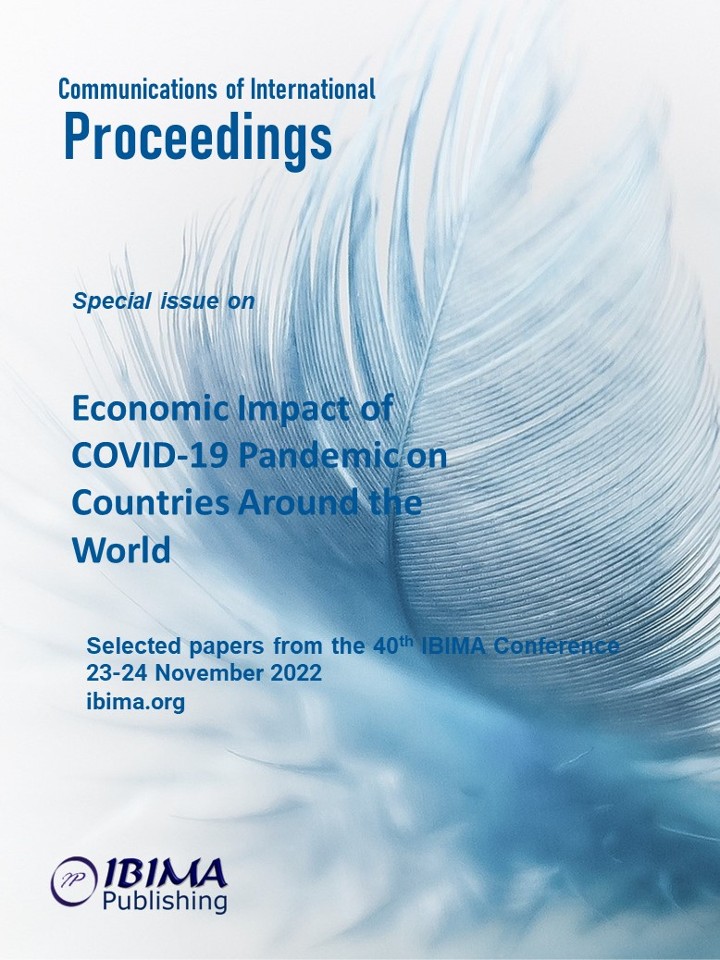
Agnieszka KLYSIK-URYSZEK and Tomasz URYSZEK
Faculty of Economics and Sociology, University of Lodz, Lodz, Poland

The SARS-CoV-2 pandemic situation has strongly affected the world economy. COVID-19 has also influenced Poland. Governmental supporting programs have increased public expenditures to a significant extent. The fiscal deficit increased rapidly, and now it must be financed primarily by extra public borrowing. It must have affected the level of public debt (un)sustainability, but this effect has not been investigated yet.
This paper’s research goal is to investigate the effect of the COVID-19 pandemic period on the degree of short- and long-term public debt (un)sustainability in Poland. The following hypothesis supports this goal: an inability to generate primary surpluses in the General Government sector and significantly growing public debt values – recorded during Poland’s pandemic period – precluded public debt sustainability. The data were taken from Eurostat, European Commission official publications, and the Polish Ministry of Finance official database. The research methods derive directly from the idea of intertemporal budget constraint – we used the Primary gap indicator (for the short-term analysis). We also tested the Ponzi scheme initial condition (for the long-term study). The empirical results proved the research hypothesis to be true.
The empirical studies confirmed the research hypothesis. Increased borrowing during the pandemic period deteriorated initially satisfactory short-term sustainability of public debt. The long-term public debt’s unsustainability level was strongly worsened.